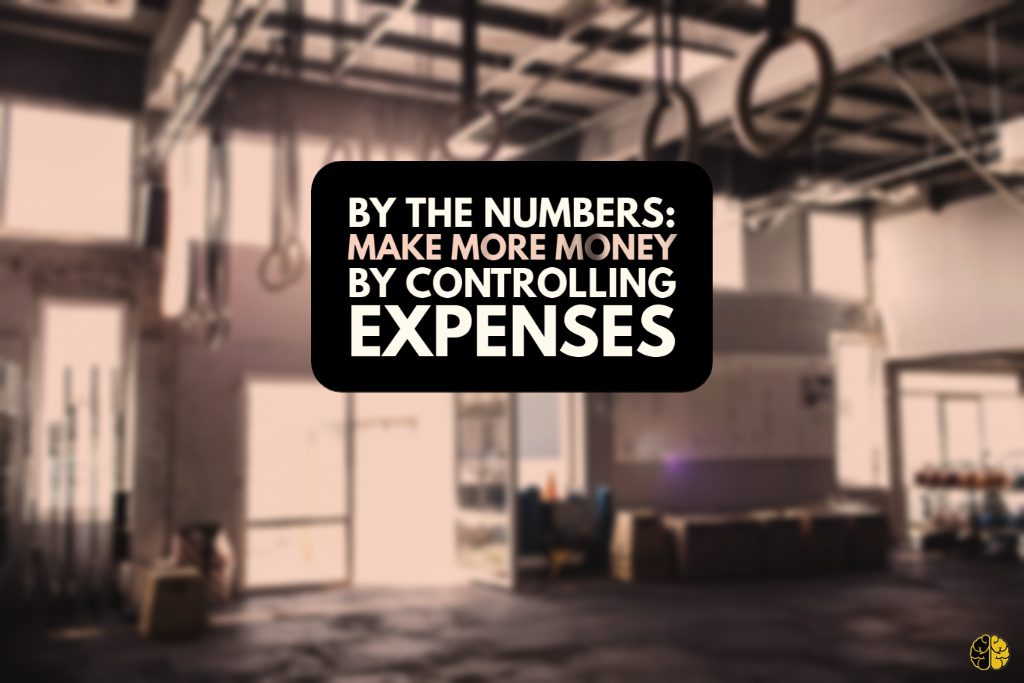Here are several closely guarded industry secrets:
- Some of the largest CrossFit gyms don’t actually make any money.
- Some of the old-schoolers don’t make any money.
- Some of the 300-member gyms don’t make any money.
- Some of the Games-winning gyms don’t make any money.
- And a bunch of the bigger gyms that were famous in the CrossFit world disappeared when things got tough.
I love the CrossFit community. I’ve met many of the founders of these gyms and absolutely love most of them. I appreciate their service and their willingness to risk everything for an ideal. They should all be millionaires. None are.
Why not?
Are You Spending All the Profit?
You can use six strategies to grow your gym. But failing with any of these strategies—even the unsexy ones—can kill your gym.
One great example? High expenses.
Many microgym owners—in the worlds of CrossFit, yoga, personal training and more—build beautiful facilities in high-rent areas of expensive cities. They count on their great locations or amazing spaces to attract the huge numbers of clients they’ll need to cover their costs.
Their overhead expenses require hundreds of members just to break even—and, from the outside, a 250-member gym can appear to be pretty damn successful. But, meanwhile, the owner is broke, exhausted and looking for a way out.
One of the six strategies you can use to make your gym more successful is to control your expenses.
Here’s how to do it:
Here’s what the top Two-Brain gyms paid in expenses in April 2021 as a percentage of gross revenue (not including payroll):

Here’s what some of the leaders said:
“We don’t use any gym-management software. We use a low-cost version of Acuity, free Mailchimp, and don’t have Wodify or SugarWOD or any other services like that.”
“We started small and slowly built our space into what it is now.”
“We traded leasehold improvements for less rent and did some of the work ourselves.”
I did a lot of that stuff, too. I actually still have a homemade plyo box that I used to carry from house to house back in 2001! You can see it in this video:
Can you be successful with a big gym and high overhead? Absolutely. Our “State of the Industry” guide showed that the gyms with the most profit were slightly larger than average.
But many owners confuse cause and effect. They believe that the high-rent space, full-time trainers and mountains of kettlebells create the successful gym. But the inverse is actually true: The best gyms got great clients who paid a high value and stuck around for a long time. Eventually, the gym owner was forced to get more space, equipment and help—but that owner remained profitable while acquiring these things.
There are dozens of examples of big gyms with lots of clients. Some make money. Some actually don’t make money.
The question isn’t “how much money does your gym make each month?” but “how much money do you keep each month?”
It’s not enough to have a lot of clients—or even a lot of revenue. While useful, these are primarily vanity metrics. What matters is what you—the owner—can keep after the bills are paid.
Other Media in This Series
“By the Numbers: The Gross Revenue Top 10 From April”
“By the Numbers: High Speed, Low Drag (Big Revenue, Small Expenses)”

